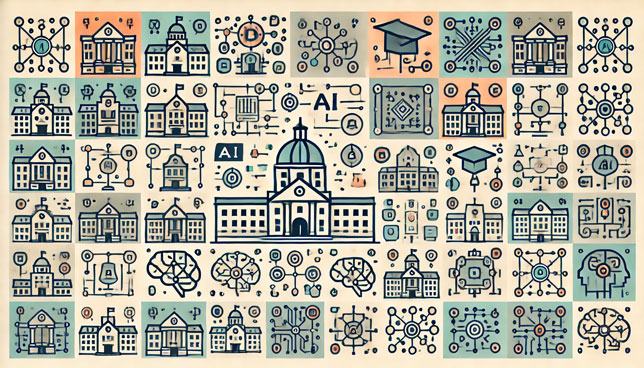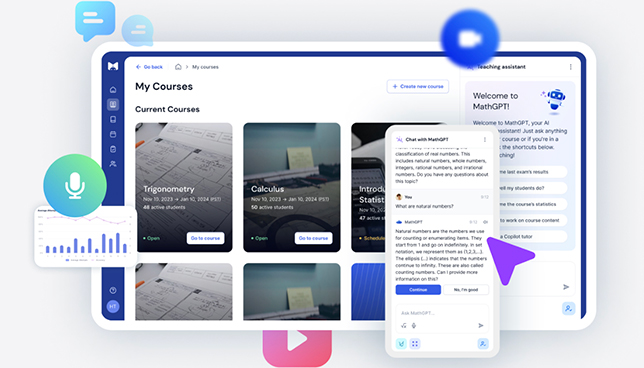
In the largest deployment of ChatGPT to date, California State University is rolling out ChatGPT Edu, OpenAI's generative AI product designed for education institutions, to more than 460,000 students and 63,000-plus staff and faculty across the system's 23 campuses.

A new service from Quality Matters, the nonprofit focused on quality assurance in online and innovative digital teaching and learning environments, is designed to help colleges and universities develop a sustainable online learning strategy.

OpenStax is celebrating its 25th anniversary as 2024 comes to a close. The open educational resources initiative from Rice University has served almost 37 million students in 153 countries and saved students nearly $3 billion in course material costs since its launch in 1999.

Florida's Miami Dade College is now providing workforce training to students across the country through XploreFLEd, an online program focused on "developing essential skills for today's job market."

Ed tech provider GotIt! Education has announced the general availability of MathGPT, an AI tutor and teaching assistant for foundational math support.

Traditional teaching methods like slide-to-slide PowerPoint presentations no longer engage students in the way they used to. Here's how one educator developed engaging, interactive methods to help students grasp complex concepts.

Digital learning company Pearson has introduced several new AI-powered tools to help provide students personalized help from within their e-textbooks or study platforms.

In an effort to boost student success in STEM subjects, Oregon's George Fox University has partnered with STEM learning platform Numerade to offer students free access to the company's video tutoring platform.

Global education company McGraw Hill has added two new generative AI tools to help personalize learning experiences for both K–12 and higher ed students, according to a news release.

Ed tech company Cengage has announced the beta launch of Student Assistant, a generative AI tool designed to guide students through the learning process with personalized resources and feedback.